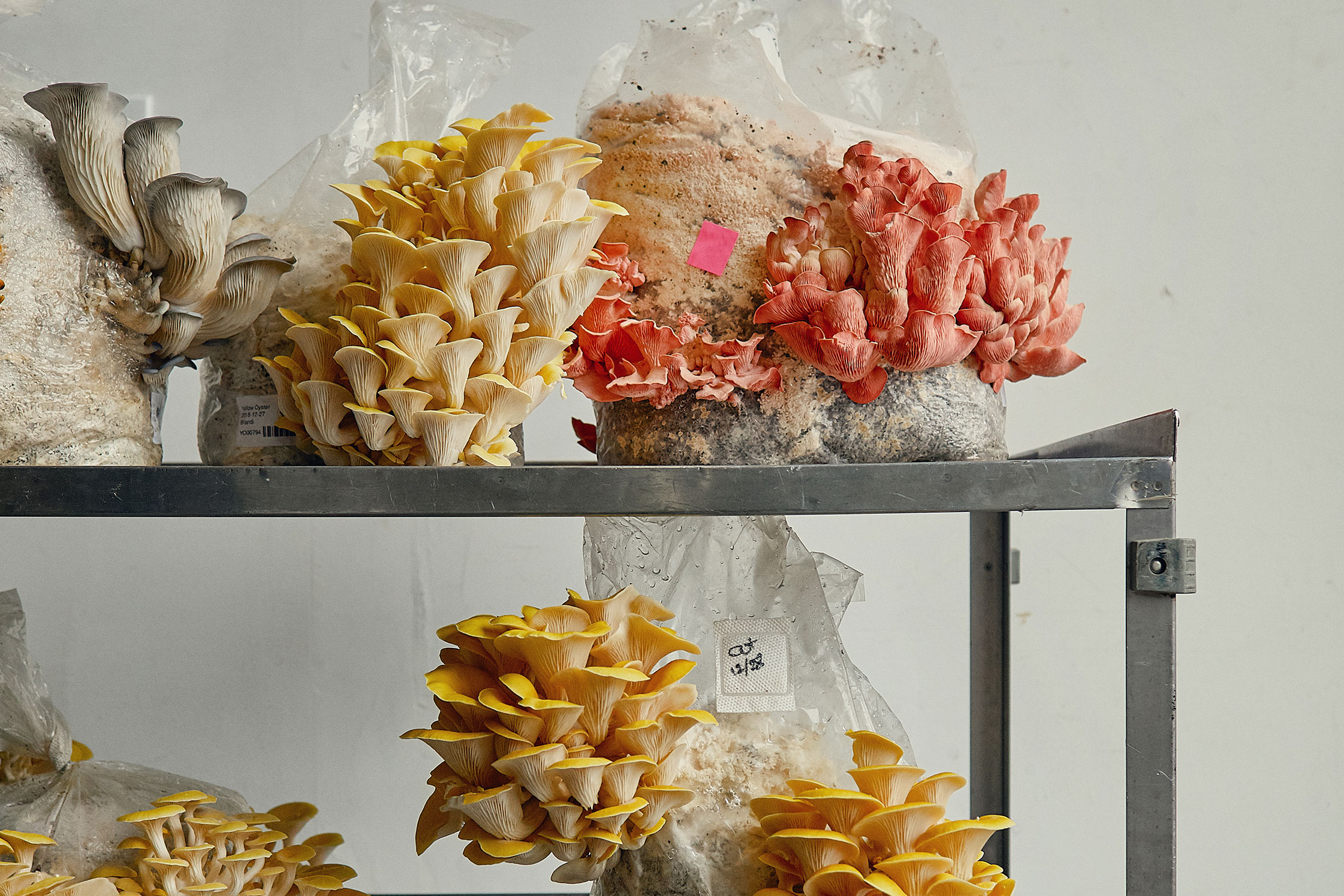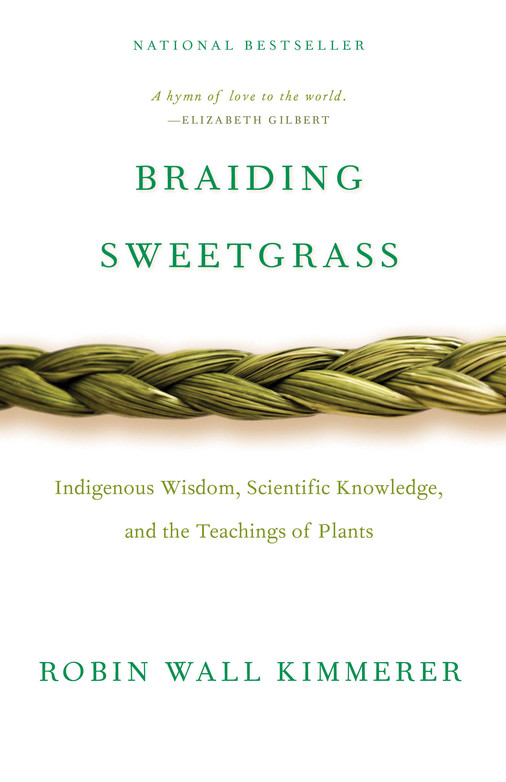Circular doing requires circular thinking. Whether diving into an ethnography on the world’s most sought-after mushrooms or engaging with a doughnut model of global economics, fostering our literacy around the notion of circularity contributes to an ecological awareness that can better our creative, professional, and personal work. Below are resources that not only equip us with big picture ideas, but also empower us to believe that a better future is possible.

“How can we begin to move toward ecological and cultural sustainability if we cannot even imagine what the path feels like?”
Robin Wall Kimerer
Braiding Sweetgrass
About
According to Robin Wall Kimerer, imagining a more sustainable future means returning to indigenous stories that date back hundreds of years. As the environmental biology professor writes in Braiding Sweetgrass, there are many lessons to be learned from our oldest teacher, the earth. Her writing inspires an ecological consciousness centered around reciprocity and generosity: by acknowledging the abundance—yet also finiteness—of the earth, we can better understand how to give our thanks in return.
The Mushroom at the End of the World
About
What insights can mushrooms offer about capitalism, resilience, and survival? In this ethnography, Anna Tsing follows the global supply chain of the world’s most sought-after mushroom, the matsutake. Grown in forests that have been destroyed or impacted by human activity, matsutake mushrooms offer a window into how life after anthropogenic destruction can be nurtured through regenerative relationships with the planet.
Green Dreamer

Link
About
For those of us that are best moved by stories told from the protagonists themselves, Green Dreamer is a podcast series that explores how different creative leaders are radically imagining a future that fosters wellbeing for their communities and the planet.

“What do you do when your world starts to fall apart? I go for a walk, and if I’m really lucky, I find mushrooms.”
Anna Tsing
An Ecotopian Lexicon

Link
About
Our language can only go so far as to help us imagine alternative worlds. An Ecotopian Lexicon, edited by Matthew Schneider-Mayerson and Brent Ryan Bellamy, offers the English language 30 “loanwords” from both spoken and imagined languages to help us envision what another, more eco-conscious world could look like.
Doughnut Economics
About
In Doughnut Economics, economist Kate Raworth outlines seven ways that our current global economic model is failing the earth and its inhabitants. She offers an alternative “doughnut” model, one derived from the primary principle that our resources on earth are finite—a key tenet of circularity.
Circular Berlin

Link
Location
About
Circular Berlin offers a collection of resources, readings, and lessons about circularity and sustainability. They also host workshops in Berlin and around the world, which you can learn more about via their website.
This link list was inspired by our “Circular Views” editorial series produced in collaboration with subscription-based furnishing company NORNORM. Visit the features to learn more about how creatives like industrial designer Stefan Diez are incorporating circularity into their practice.
The full-screen images featured in the piece are from Bruno Candiotto’s sublime work of Chile’s landscapes and our feature on New York mushroom cultivators, Smallhold.
Text: Anastasiya Varenytsya




